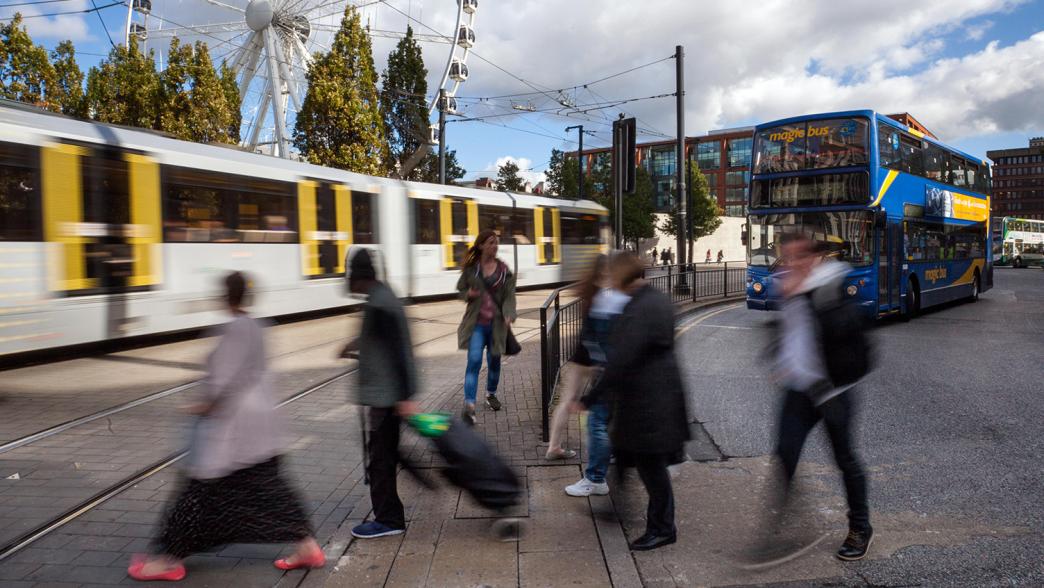Net zero and devolution: The role of England’s mayors in the climate transition
The UK government’s current top-down approach to net zero has hamstrung locally elected mayors’ efforts to deliver net zero.

The UK government’s current top-down approach to net zero has hamstrung locally elected mayors’ efforts to deliver net zero.

Who are the candidates for York and North Yorkshire mayor? What powers will the new mayor hold?
On 2 May 2024, voting will take place for 10 metro mayors across England. How will this process work?
This short paper highlights five key challenges that any government seeking to reduce regional inequalities will need to address.
Sir John Curtice and Sarah Calkin join IfG experts to discuss what is at stake and what to expect in the elections on 2 May.